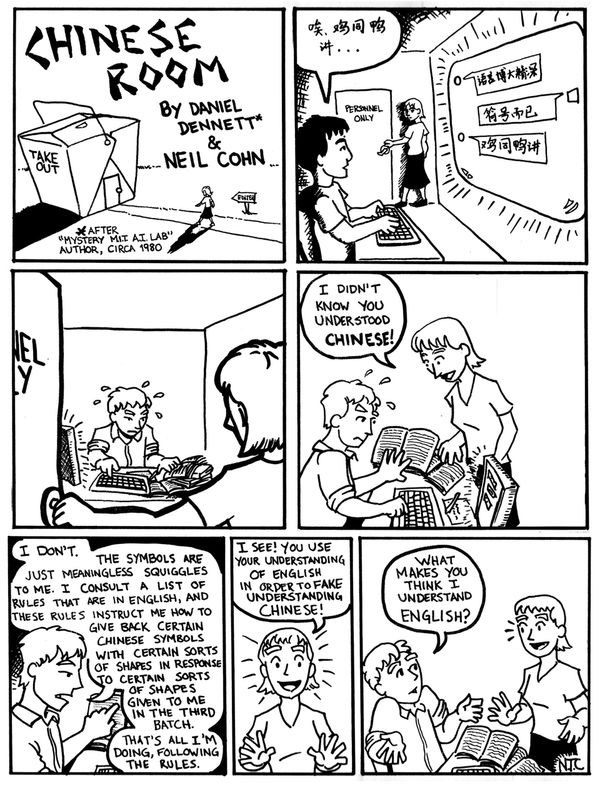Chalmer's definition of a P-zombie has a hidden feature that is not often discussed explicitly:
- If matter is causal on consciousness, OR consciousness is causal on matter, then a human who does the functions of mentality that consciousness does but is not itself conscious, CANNOT be physically identical to us regular humans.
- For causal consciousness to be a reality, our bodies must be configured for consciousness to act on it.
- For bodies to be causal on consciousness, then there has to be psycho-physical laws (emergence, or whatever) which bodies make use of
- Chalmer's definition forces him into an argument for epiphenomenal dualism.
- It is not just reductive physicalists who must object. Any interactive dualist, or emergent non-reductive physicalist, cannot accept that Chalmers' P-zombies exist either.
Chalmers' conception of P-Zombies -- that one cannot tell the difference, also makes them pretty useless for experimentation.
However, this does not make zombies useless. One just needs to start asking different questions, and be open to variants on what a zombie may be.
The first different question one should ask, is whether it is plausible that, if a zombie exists, that it would describe its qualia when asked about them? Chalmers says they will, by definition. But then we can ask: if zombies existed, why would they develop qualia language? The answer, of course, is they would not. We can extend this question to Chalmers' epiphenomenal dualism. And the same answer is arrived at. If there is no causal effect from our consciousness, then our having epiphenomenal conscious experiences would not appear in our language. We would not answer "yes" to experience/qualia questions. These conclusions are based on applying evolutionary principles to our language use.
These points lead to realization that we CAN test for the causal nature of consciousness, using evolution as the test bed. Evolution's natural selection can only apply to causal phenomenon. And if our consciousness, the structure of our consciousness, or our language about our consciousness, is at all tuned by evolution, then consciousness is causal, and Chalmers' version of P-zombies cannot exist in this world.
We can then also extend evolutionary tests to other mind-body speculations, and also potentially refute some of them. William James first applied evolutionary test cases to epiphenomenalism, showing it is falsified by them. Karl Poper extended these evaluations to all Identity Theories, showing them to be falsified as well.
A key part of these arguments is a different form of Zombie. A human very much like us, but with sufficiently differing neurology, that it can do mental functions without consciousness. Interestingly, WE are such zombies, for we are unconscious of 99.9% of our mental processing. And we do many functions sometimes consciously, and sometimes unconsciously.
What this allows us to speculate on, is a zombie who is neurologically slightly different, such that they are a zombie for 100% of their mental functioning, rather than 99.9%. This is not a Chalmers' zombie, but just a functional zombie. Could such a zombie exist? Neither reductive physicalists, emergent physicalists, emergent dualists, nor spiritual dualists need to deny it could. This subtlety different zombie forces a different question:
- If brains could have gotten by without consciousness, why are we conscious?
THIS is the real "hard problem of consciousness".
Dualism has an answer -- evolution happened upon using consciousness for "System 2 functions" (under Kahneman's 2-systems model from Thinking Fast and Slow). Whether this was through an accidental emergence event, or an ensoulment event, causal consciousness was useful, and was tuned by evolution.
Physicalism cannot provide an answer to this question, as physicalism is committed to consciousness not being causal.
Chalmers' epiphenomenal dualism, and Goff's epiphenomenal pan-psychism, are likewise unable to answer the hard problem, as they too are both committed to consciousness not being causal.

